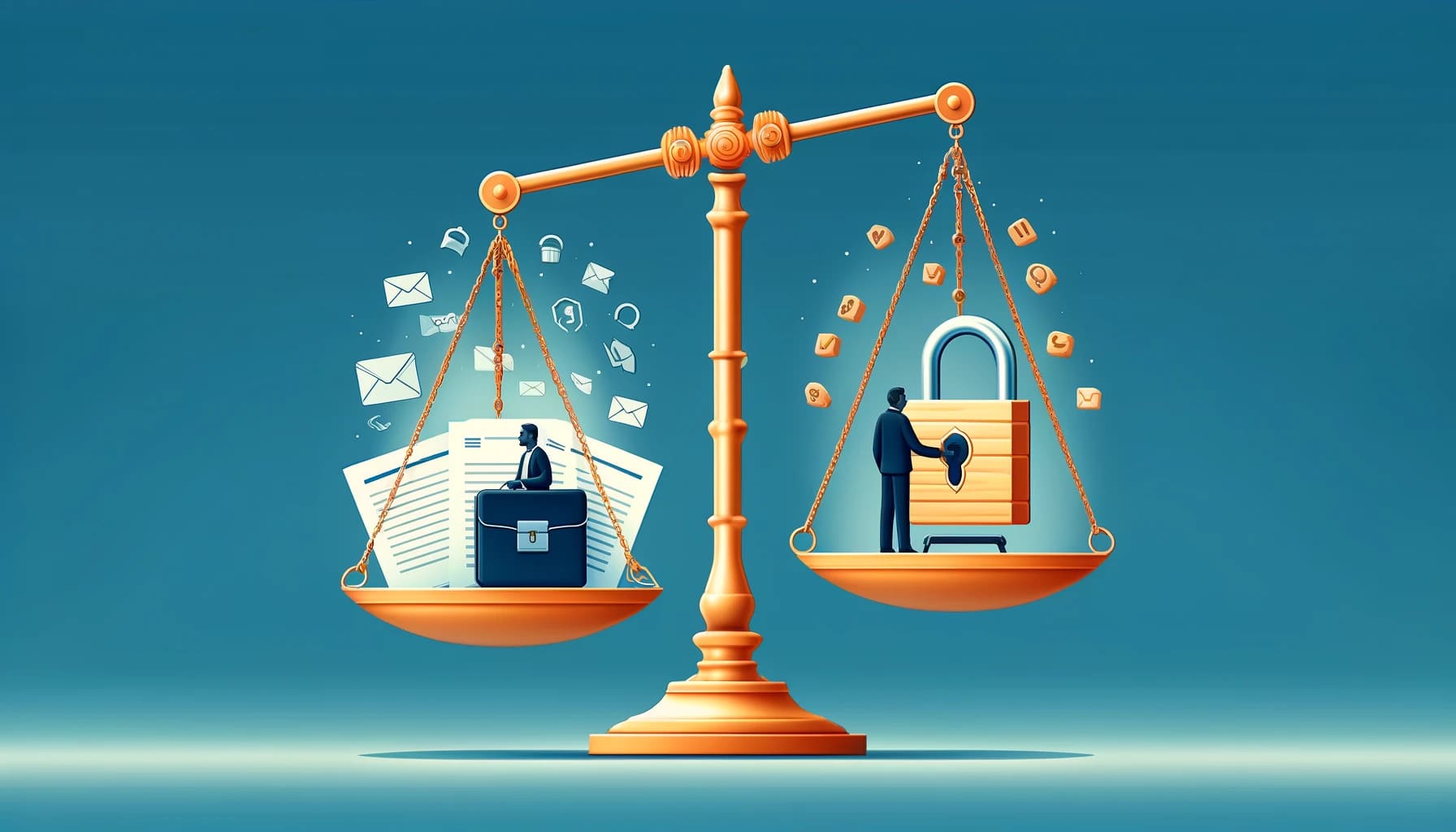Legal Landscape of Email Scraping

The legality of email scraping, which involves extracting email addresses from websites and other sources, varies significantly based on jurisdiction and the specific methods used
United States: The legality of email scraping in the U.S. is primarily governed by the CAN-SPAM Act, which regulates commercial emails. While the act doesn’t explicitly ban email scraper tools, it mandates compliance with specific rules for sending commercial emails, such as providing an opt-out mechanism and avoiding misleading headers.
In 2024, Meta Corporation dropped its lawsuit against BrightData. Earlier, in 2022, LinkedIn lost a legal battle over data scraping, setting a precedent that permits using an email scraper tool to collect publicly accessible email addresses in the U.S., provided they don’t require special authorization.
European Union: Under the General Data Protection Regulation (GDPR), using an email scraping tool is likely illegal if individuals haven’t given explicit permission for their data to be processed. The GDPR requires unambiguous consent before processing personal data (such as email addresses) and enforces strict guidelines for data collection and usage.
Other Regions: Several other countries have data protection laws affecting the legality of email scraping. For instance, Canada’s Anti-Spam Legislation (CASL) and Australia’s Spam Act mandate explicit consent before sending commercial electronic communications.
Furthermore, many websites include clauses in their “Terms of Service” that prohibit harvesting email addresses or other data. Violating these terms can lead to account bans and potential legal consequences.
About Socleads:
SocLeads doesn’t violate the Digital Millennium Copyright Act (DMCA) or the Computer Fraud and Abuse Act (CFAA). Since search results on Google SERPs aren’t protected by copyright, SocLeads.com doesn’t infringe on the DMCA by extracting them. Additionally, because
